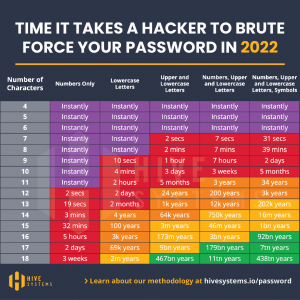Whenever new technology enters the world there are two inevitable emotions: excitement and fear. The thrill of new possibilities tempered by fears of new tech failing to live up to the hype. Take, for example: Robo-advisors. A great example of the complexities surrounding emerging tech, Robo-advisors provide automated digital financial advice based upon algorithms and/or mathematical rules.
When Robo-advisors launched in 2008 they were heralded as the dawn of a new era in financial planning. Some experts even believed this advancement signaled the end of financial planning (and real, human financial planners) as we know it. Not so. Over a decade later Robo-advisors are still around; however, they have failed to take over the financial planning world as predicted and in fact many are shuttering their doors or seriously scaling back on size.
So what happened? Why did Robo-advisors fail to eliminate the role of humans in the financial planning process? At the end of the day, it comes down to human connection. While an algorithm can crunch numbers, make predictions, and even offer investment advice, it cannot form impactful and lasting relationships like a real human. Investment selection and management is a part of what financial planners do – but that is only the tip of the iceberg. Real, effective financial planners are there to prepare you for and coach you through life’s unexpected inevitables. What happens when some life event inevitably occurs or you have a pressing question about your financial plan and when you try to get an answer you reach an automated phone tree that leads nowhere? Unlike a Robo-advisor, a financial planner is a real human available to provide advice and support when you need it. Think of them like a coach for your finances!
True, a human financial planner may cost more than a Robo-advisor. But in return they provide much more value. A study conducted by Vanguard found that working with a financial planner can add about 3% to client returns with 1.50% of that coming from behavioral coaching (that’s half the value coming from coaching alone!). When you start working with a planner you are not simply hiring an investment manager. Instead, you are partnering with someone who will work with you as life evolves to achieve your unique priorities. As you progress along your financial journey you form a trusting relationship with your advisor, so whenever you have questions or concerns you know there is a real human you trust who will answer the phone and provide clarity for you.


